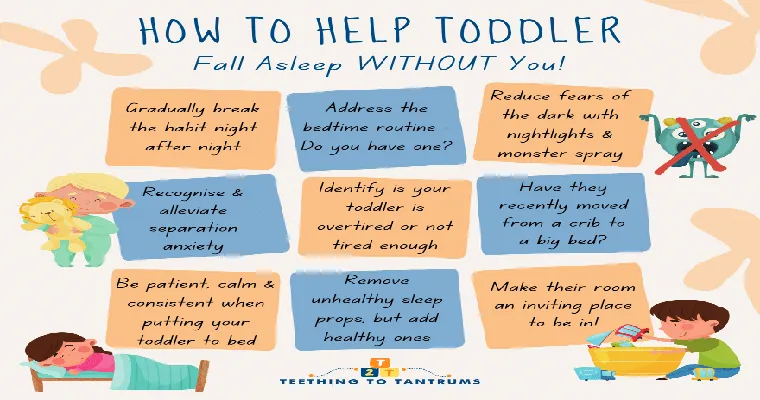As people age, it is common for them to experience changes in their "sleep patterns" and "sleep needs". Therefore, many individuals wonder if it is "normal" for a 94-year-old to want to sleep so much. In this article, we will explore the reasons behind increased sleep in the elderly and provide insights into what may be considered typical for someone of advanced age.
Aging can significantly affect the body's "circadian rhythms", which regulate the sleep-wake cycle. As individuals reach advanced ages, such as 94 years, their sleep requirements may change. Older adults often have lighter sleep and may wake up more frequently during the night. Consequently, this can lead to increased daytime "napping" or extended periods of sleep.
Health conditions also play a vital role in the sleep habits of the elderly. Many older adults face "chronic health issues" such as arthritis, heart disease, or diabetes. These conditions can lead to discomfort or pain, making it challenging to achieve restful sleep at night. As a result, a 94-year-old might compensate for restless nights by sleeping more during the day.
Additionally, medications commonly prescribed to older adults can impact their sleep. Some medications may have side effects that include drowsiness, which can contribute to increased sleepiness. It is essential for caregivers and family members to be aware of the medications being taken and discuss any concerns with healthcare professionals.
Another factor to consider is the psychological aspect of aging. Many older adults may experience feelings of "loneliness" or "depression", which can manifest as changes in sleep patterns. In some cases, more sleep may be a coping mechanism for dealing with emotional challenges.
It is also important to note that individual variability plays a significant role in sleep needs. While some 94-year-olds may require more sleep, others may maintain a more active lifestyle and need less. Observing the overall health and daily behaviors of the individual can provide insight into whether their sleep patterns are typical for their age.
In conclusion, it is generally considered normal for a 94-year-old to want to sleep so much. Changes in "sleep patterns", "health conditions", medications, and psychological factors all contribute to increased sleep needs in the elderly. However, if there are significant changes in sleep habits or concerns about overall health, it is advisable to consult a healthcare professional to rule out any underlying issues. Understanding these aspects can help caregivers provide better support and promote a healthier sleep environment for their loved ones.





